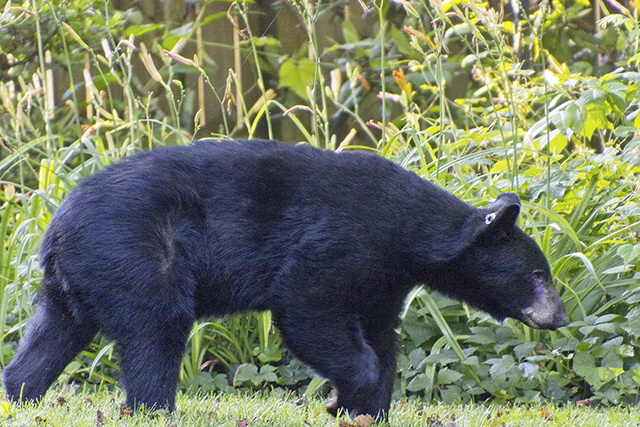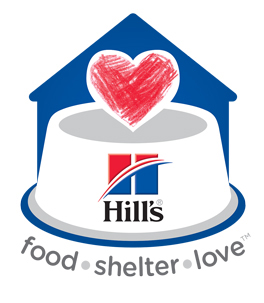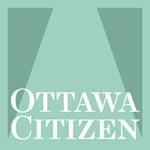|
Advocating for animals during COVID-19... read more |
| If you do not see the full page with images, please click here. |
|
Stronger Together: OHS Emergency Partner Support Program Helping More Homeless Animals |
||||
|
During the ongoing public health crisis, the OHS has remained dedicated to helping animals in need. The OHS has helped animals in distress in its care, in the community, and has now expanded its work to help its committed animal welfare partners, in order that they too can continue to meet the needs of Ottawa’s animals. Many groups are experiencing significant challenges and are struggling to meet the needs of the animals in their care. In response to this need, the OHS launched the Emergency Partner Support Program and began offering support at the beginning of June. Thanks to donors, the OHS is providing resources ranging from small grants, food, litter, and other support such as behaviour consultations, staff support, animal intake and transportation assistance to the partners we work with the most. In the coming weeks, the program will expand to a wider list of partners, to support an even greater number of animals. Through the coming months of this crisis, OHS and its partners will continue caring for thousands of cats, dogs and small animals, not just the ones that arrive at the OHS. |
||||
|
Changing Times: OHS Continues Urgent Efforts |
||||
| In the span of a few months, the world has seen unprecedented change, and the OHS has not been immune to this change. All in-person events have been cancelled, shelter intake has been reserved for animals that are sick, injured or in distress and adoptions have become physically-distanced and appointed-based, among many other changes.
Since the onset of the pandemic, hundreds of animals have continued to be admitted to the OHS in urgent need of care. The top priority is ensuring that the OHS can care for animals in need in a way that’s safe for staff, volunteers, clients and, of course, the animals. Meeting this priority means intake must be restricted so that the OHS is able to be there for Ottawa’s most vulnerable, at-risk animals.
Pinky, a one-year-old cat who came into OHS care with an infected wound, is one of those vulnerable, at-risk animals. He received the medication needed to recover from the infection, and got a well-deserved second chance. While the world changes and adapts in response to COVID-19, there is one thing that will never change — animals like Pinky count on you to provide them with a second chance. |
||||
|
Food is an Essential Service: OHS Weekly Emergency Pet Pantry |
||||
|
COVID-19 has forced many Ottawans into financial despair. For some of these families, affording food for their pets is a huge concern. But there is hope; your generous support can fill food bowls for furry family members throughout the community. With the help of our wonderful donors, the OHS has launched the Emergency Pet Food Bank. At no cost, pet owners in need can pick up a two-week supply of pet food every four weeks. Transportation can pose a significant barrier to those most in need, so the OHS is also distributing food through several partner agencies. The need for support is expected to increase throughout the coming months with more pet owners requiring assistance. You can ensure emergency pet food will be available to the community throughout this crisis. Please consider supporting the OHS Emergency Pet Food Bank by making a donation at: ottawahumane.ca/petpantry. |
||||
|
Moose and Coyotes and Bears, Oh My! |
||||
|
Spring and summer in Ottawa mean hot weather and more visible wildlife in urban settings. This year is no exception. The community has seen a variety of stories over the past month, including a moose in a swimming pool, bear sightings in suburbia and, sadly, coyote attacks resulting in injuries to people and the euthanasia of an aggressive coyote. These wildlife conflicts are largely due to expanding city boundaries. As the city grows, more land is developed, and wild animals lose more habitat. With a new official city plan to be tabled this fall and city growth expected to result in 1.4 million residents over the next 25 years, these conflicts will only increase, if a better job at learning how to coexist with wild animals can’t be done. How can conflicts be prevented and resolved?
|
||||
|
|
||||
|
||||
|
||||
|
|
||||
|









